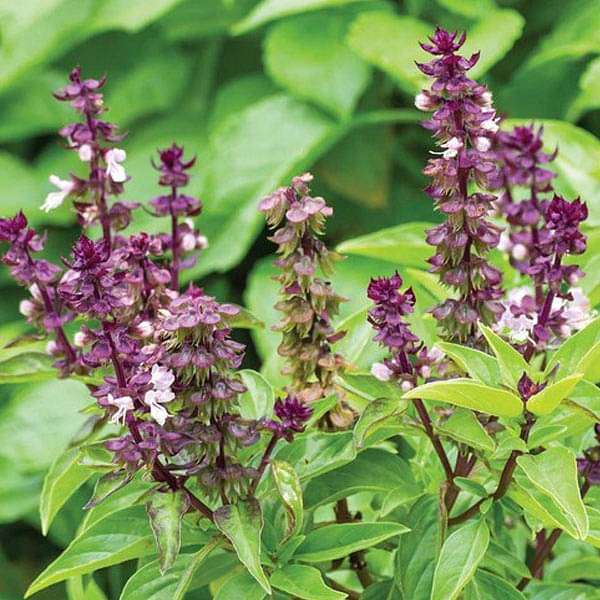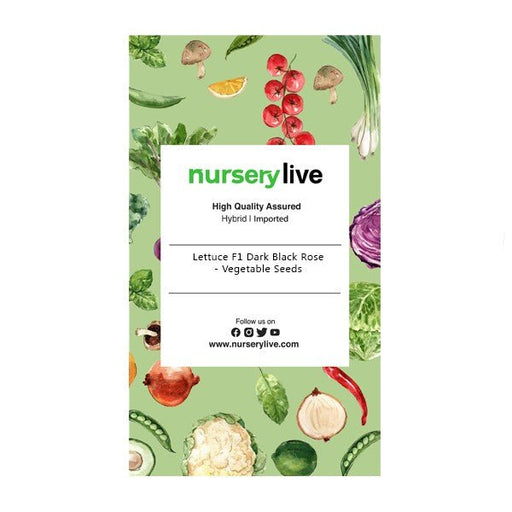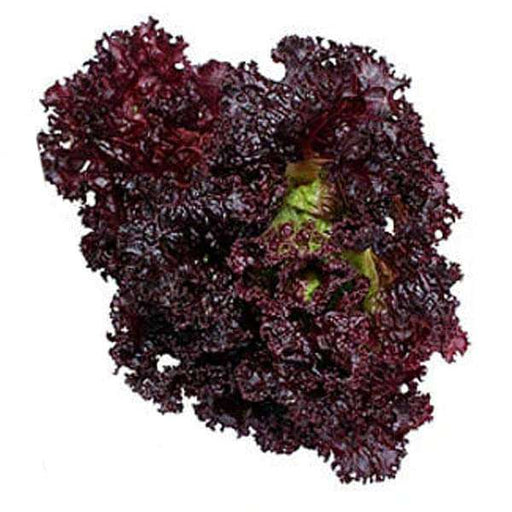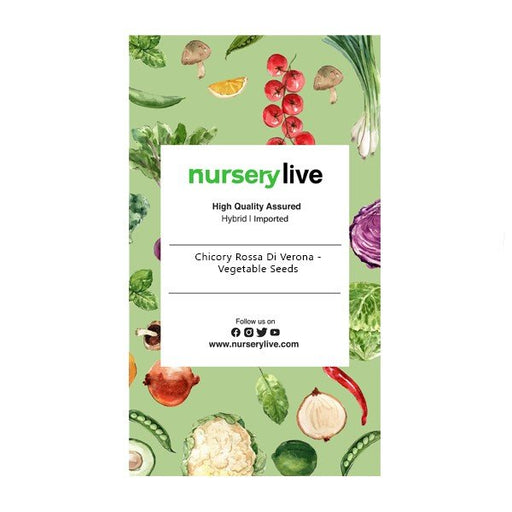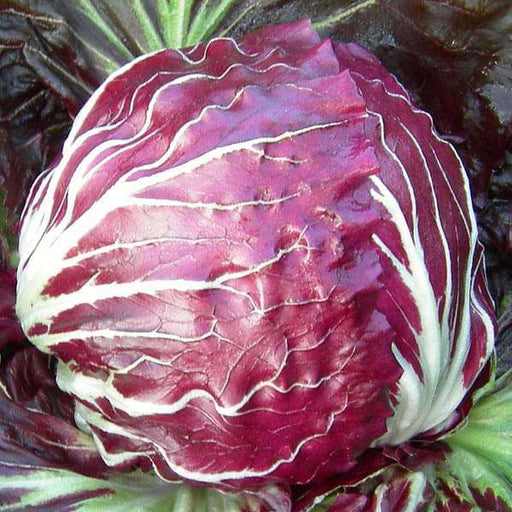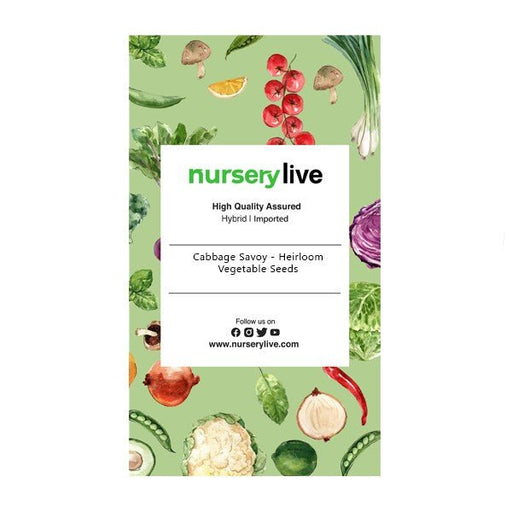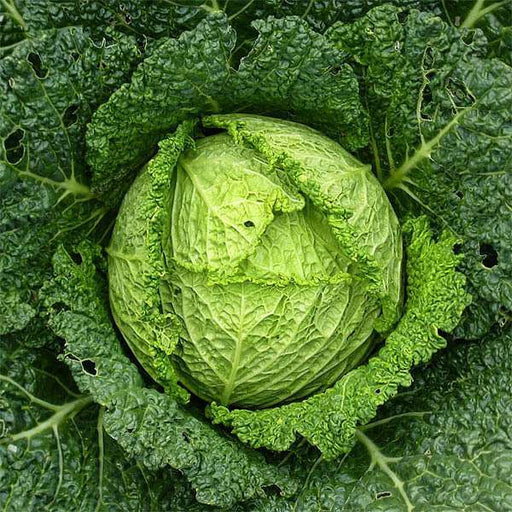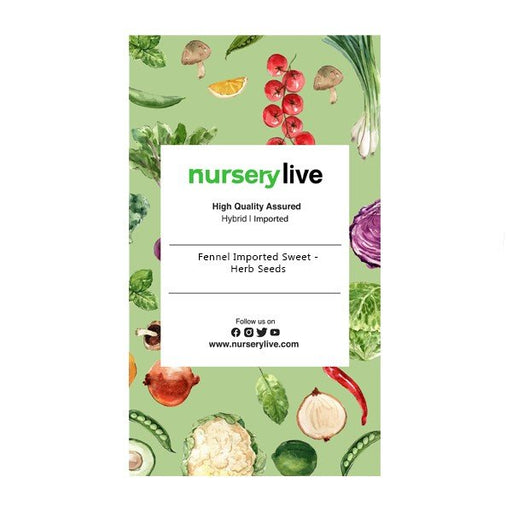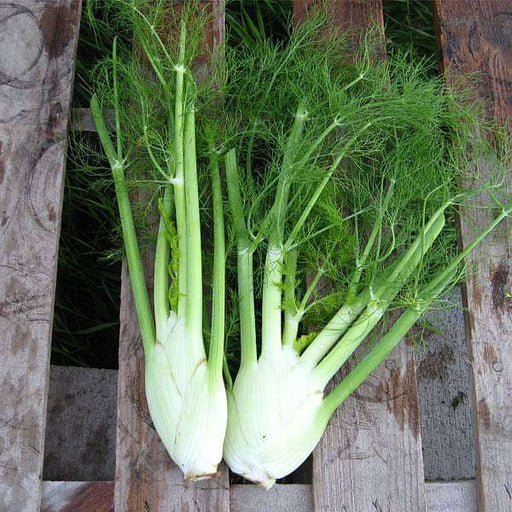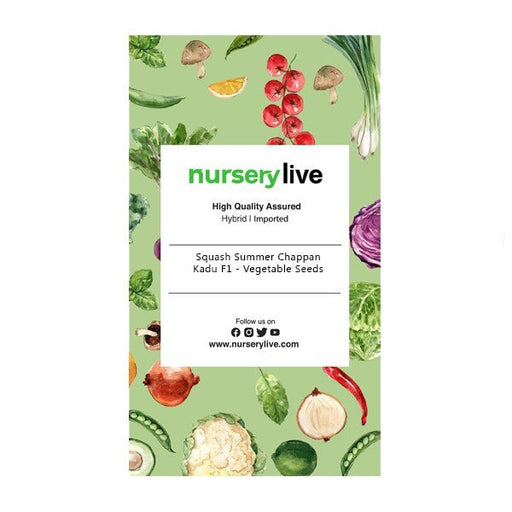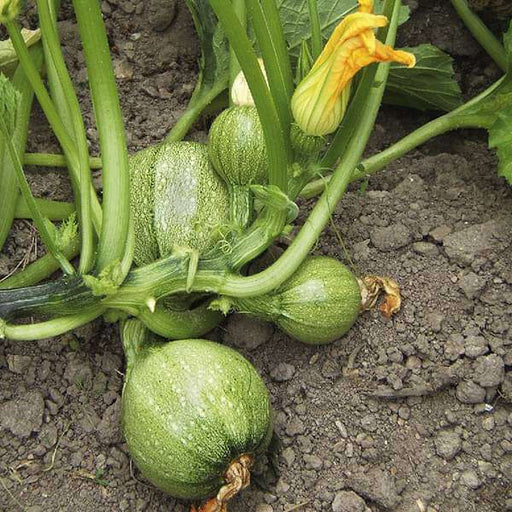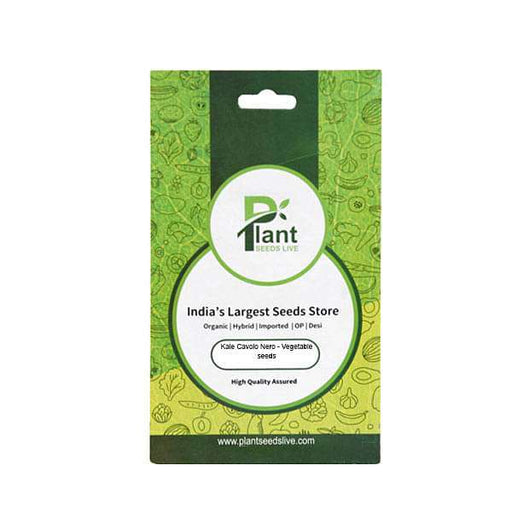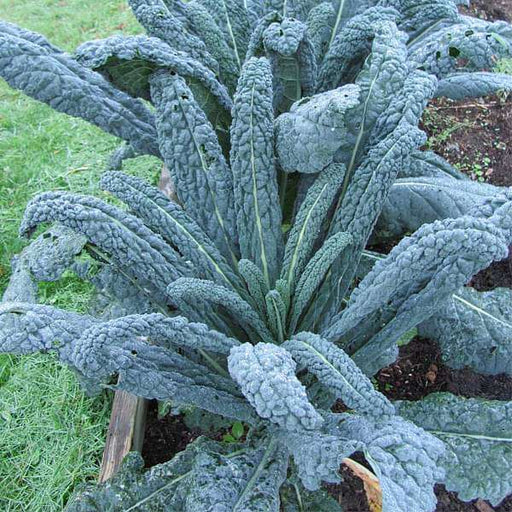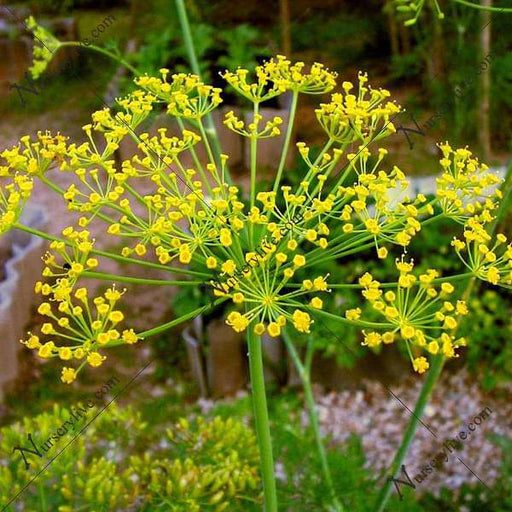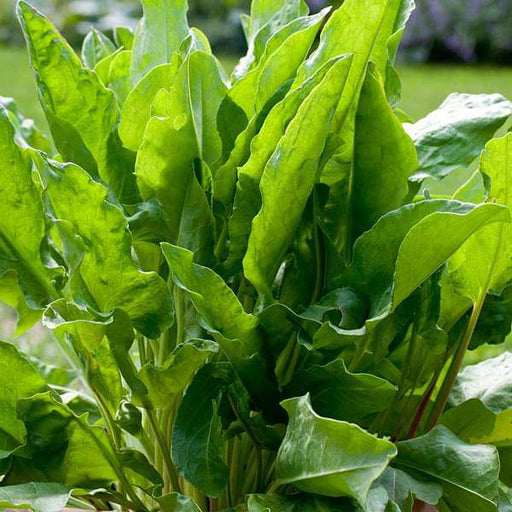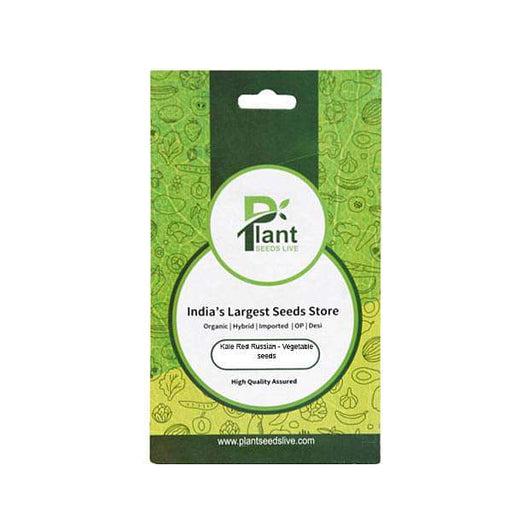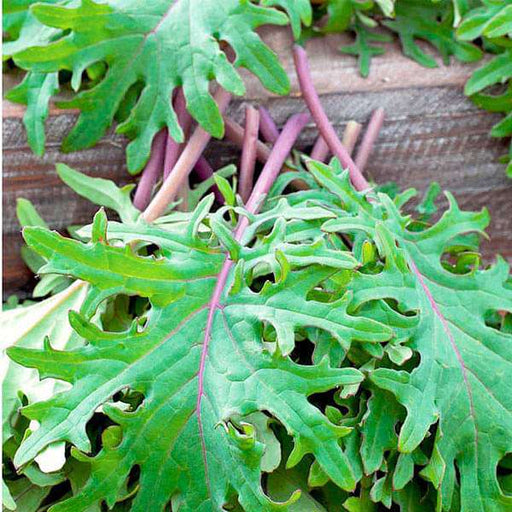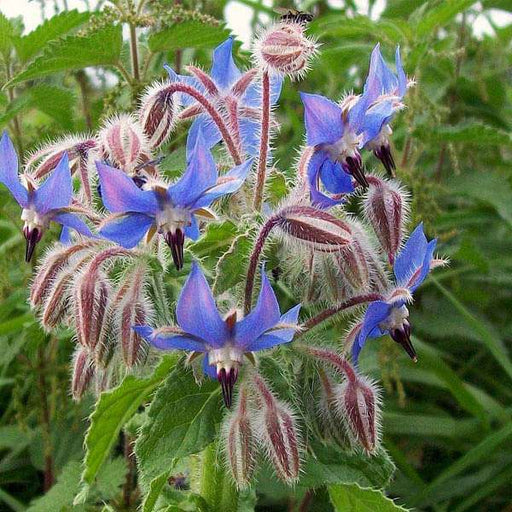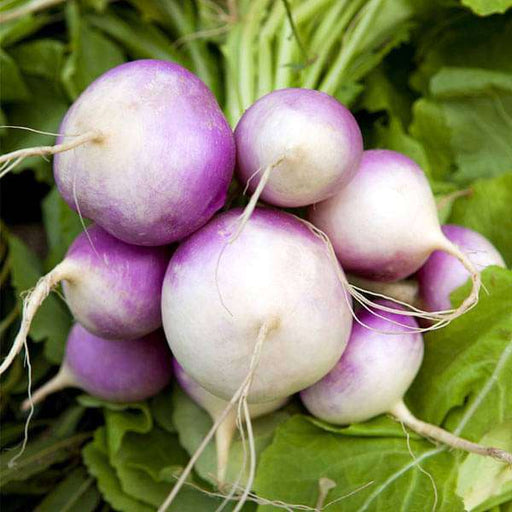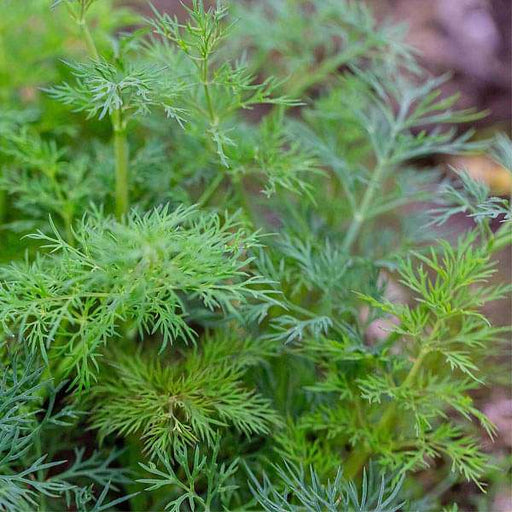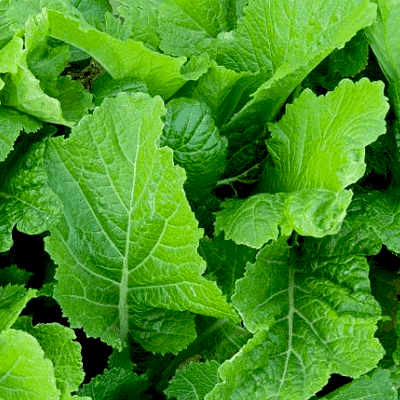Vegetable Herb Seeds to Sow in All Seasons Basil Seeds
The undisputed king of herbs, basil thrives in any season with a little love and sunlight. Whether sprinkled on pizza or blended into pesto, this herb is a kitchen essential.
Vegetable Herb Seeds to Sow in All Seasons Coriander Seeds
A chef’s best friend, coriander grows effortlessly year-round. Add it to curries, chutneys, or salads for an instant flavor boost—because no dish should be left bland.
Vegetable Herb Seeds to Sow in All Seasons Mint Seeds
The ultimate refresher! Whether it's a hot summer or chilly winter, mint is your go-to herb for teas, chutneys, and cocktails. It practically grows on its own.
Vegetable Herb Seeds to Sow in All Seasons Spinach Seeds
Packed with iron and flavor, spinach is a low-maintenance supergreen that keeps thriving season after season. Whether in smoothies or sautéed dishes, it’s always a winner.
Vegetable Herb Seeds to Sow in All Seasons Lettuce Seeds
Fresh, crispy, and always in season, lettuce brings that perfect crunch to salads, sandwiches, and wraps. Your homemade Caesar salad will never be the same.
Vegetable Herb Seeds to Sow in All Seasons Fenugreek (Methi) Seeds
A medicinal and culinary star, methi is packed with nutrients and grows effortlessly. Whether in parathas or curries, this herb adds a unique flavor twist.
Vegetable Herb Seeds to Sow in All Seasons Dill Seeds
Fragrant and delicate, dill is a culinary delight in soups, pickles, and seafood. The best part? It loves growing year-round, bringing freshness to every dish.
Vegetable Herb Seeds to Sow in All Seasons Amaranthus Seeds
This powerhouse leafy green flourishes in any season. Whether tossed into stir-fries or cooked into dals, it’s a must-have for health-conscious gardeners.
Vegetable Herb Seeds to Sow in All Seasons Chives Seeds
A mild, onion-flavored herb that keeps your dishes flavorful all year. Perfect for omelets, soups, and dips, chives bring a gourmet touch to everyday meals.
Vegetable Herb Seeds to Sow in All Seasons Celery Seeds
From crunchy stalks to aromatic leaves, celery thrives in every season. A top choice for detox drinks, soups, and healthy snacks, it’s a hydration hero.
Vegetable Herb Seeds to Sow in All Seasons Oregano Seeds
Pizza, pasta, and grilled veggies—what’s missing? Oregano! This Mediterranean classic flourishes all year and is a must-have for every kitchen garden.
Vegetable Herb Seeds to Sow in All Seasons Thyme Seeds
This tiny but mighty herb grows through every season, adding a hint of earthiness to roasts, stews, and soups. Plus, it smells like a dream in the garden.

